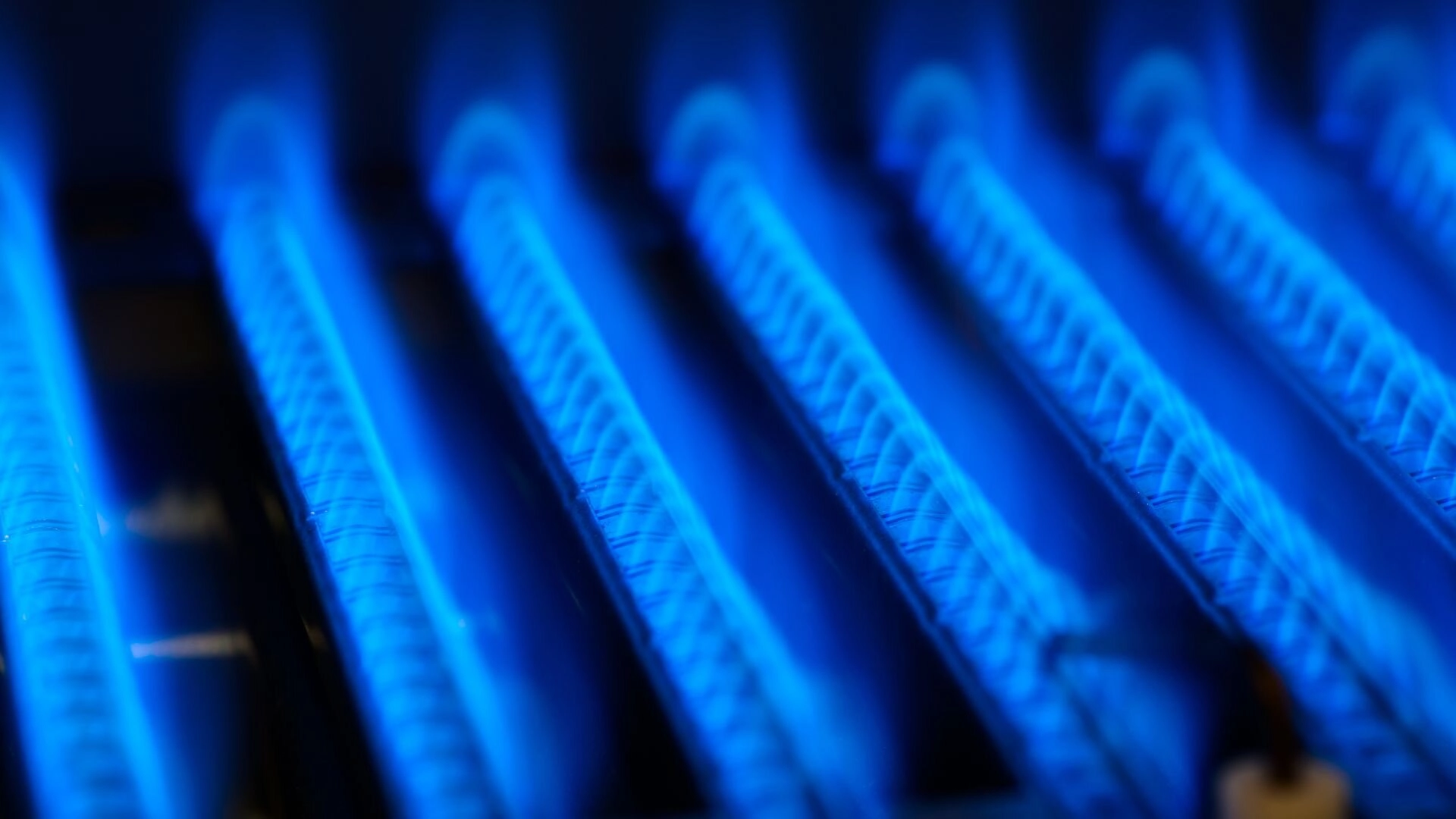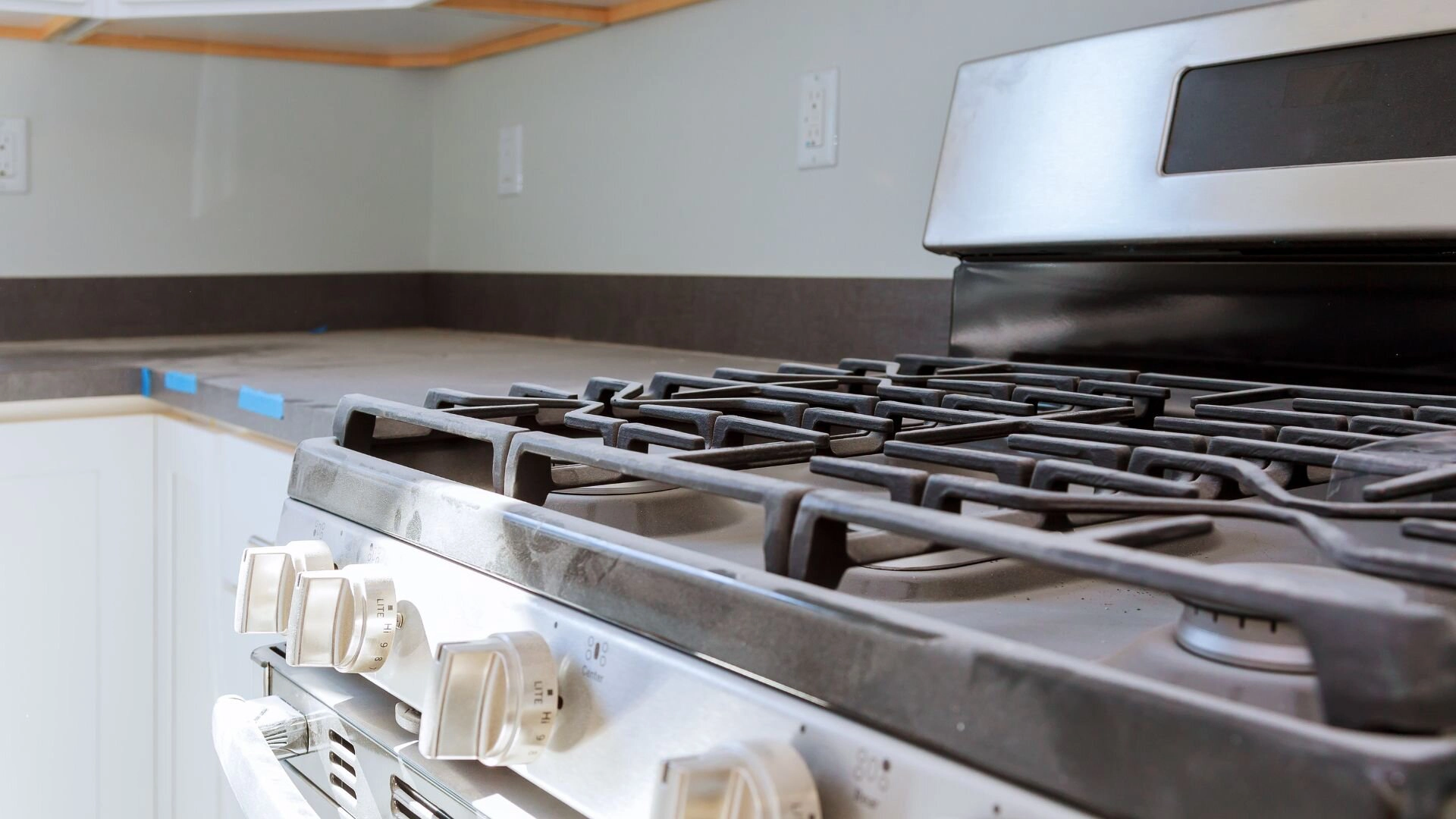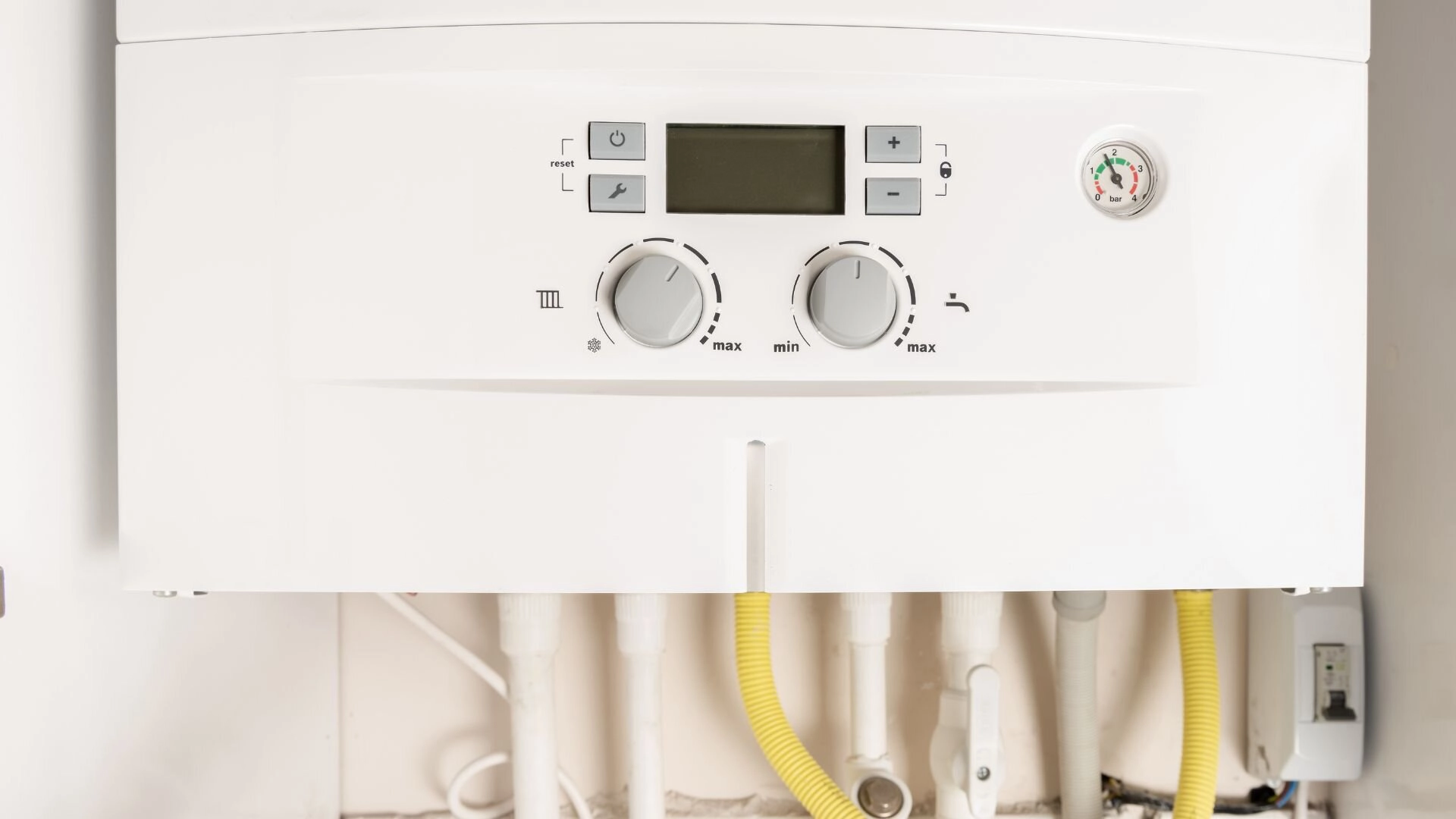Making The Switch To Gas Appliances
Transitioning to gas appliances can enhance your home’s efficiency and cooking precision. This comprehensive guide provides insights on choosing the right appliances and tips for smooth installation.
Gas appliances, including gas stoves, heaters, and hot water systems, are increasingly popular in households for their efficiency and reliability. Using natural or liquefied petroleum gas, these units offer advantages over electric appliances like instant heat and superior temperature control. This shift is driven by performance and cost-effectiveness, as gas often results in lower energy costs than electric options.
In addition, gas appliances are environmentally friendlier than traditional electric heating, producing fewer greenhouse gas emissions. This makes them a compelling choice for those seeking to reduce their environmental impact while enhancing home efficiency. As more households recognise these benefits, the trend towards gas over electric appliances continues to grow , driven by both the desire for better functionality and energy savings.
The Benefits of Gas Appliances

Cost-Effectiveness: Gas vs. Electricity
Comparing gas and electric appliances reveals that gas is often more cost-effective in immediate use and over time. Gas appliances, such as gas heaters and gas hot water systems, typically incur lower energy costs because natural gas tends to be cheaper than electricity.
This is especially true in regions where electricity generation depends heavily on expensive, non-renewable resources. Gas-using households can experience significant reductions in monthly energy bills, making it a financially prudent choice.
Enhanced Control and Consistency
Gas stoves are celebrated for superior temperature control, essential for home cooks and professional chefs. Unlike electric stoves that require time to adjust heat levels, gas stoves deliver instant heat and allow quick flame adjustments for precise temperature control. This immediate response facilitates exact cooking, minimising the chances of overcooking or undercooking dishes. The consistent heat provided by gas cooktops ensures meals are perfectly prepared every time.
Environmental Considerations
Choosing gas appliances also benefits the environment. Gas stoves and heaters generally emit fewer greenhouse gases compared to their electric counterparts, which often rely on coal-powered energy. Natural gas, a cleaner-burning option than coal, significantly reduces harmful emissions when heating and cooking. Although it is essential to acknowledge that natural gas is a fossil fuel and its extraction and combustion contribute to greenhouse gas emissions, its impact is less severe than many other energy sources.
Households that opt for gas appliances enjoy improved efficiency and performance and support environmental sustainability. This choice aligns with broader ecological goals, such as reducing dependence on coal-generated electricity and enhancing cleaner energy sources such as natural gas and solar panels.
The advantages of incorporating gas appliances into the home extend from economic savings to cooking excellence and positive environmental impact, positioning them as an attractive option for contemporary living.
How to Switch to Gas Appliances
Switching to gas appliances can be valuable for many households. It provides cost savings, better control over cooking, and reduced environmental impact. Here’s how to make the transition smoothly, ensuring safety and efficiency.
Evaluating Home Compatibility and Upgrades
The first step in transitioning to gas appliances involves assessing whether your home is suitable for such a change. This process includes checking if an existing gas line is nearby or if one needs to be installed . Homes without a gas line will require a significant initial setup, including installing gas cylinders or connecting to the leading gas network.
It’s also vital to evaluate the existing ventilation in your home, as gas appliances such as gas stoves and gas heaters require adequate airflow to operate safely and efficiently. Additionally, you should assess the location of the gas meter to ensure it’s easily accessible for maintenance and monitoring of gas usage.
Selecting the Right Gas Appliances
Several factors must be considered when choosing gas appliances to meet your needs. Size is crucial; for instance, a gas stove should fit well in your kitchen layout, providing enough room for operation and air circulation. Brand reputation and after-sales service are also crucial as they affect the longevity and maintenance of the appliance.
Features specific to gas appliances, like automatic shut-off on gas heaters or flame failure devices on gas stoves, enhance safety and efficiency. The energy rating is another significant aspect; choosing high-efficiency models can help reduce gas bills and are better for the environment.
Installation Process
Gas appliance installation should always be handled by professionals. Certified technicians can ensure that the installation complies with Australian standards, which is crucial for safety and operational efficiency. The process typically starts with a professional assessment of your home’s gas needs, followed by installing necessary infrastructure like gas lines or cylinders.
Technicians also handle the precise setup of appliances, ensuring they are correctly connected to the gas supply and thoroughly tested for leaks or any operational issues . This might include adjusting settings for optimal performance in different environments, such as areas prone to cold weather or where water heating demand varies.
For homeowners moving from all-electric systems or upgrading from less efficient electric appliances, professional advice can provide insights into the best gas solutions, whether a highly efficient gas heater or a gas stove with advanced temperature control capabilities.
Costs Involved in Switching to Gas Appliances
Switching from all-electric systems to gas appliances involves various costs, including purchasing and installing new appliances . Understanding these expenses alongside potential long-term savings on energy bills is crucial for homeowners considering this transition.

Initial Costs
The upfront cost of purchasing a gas stove or heater typically exceeds that of their electric counterparts, such as electric cooktops or ovens. For instance, a high-quality gas stove might cost more than an equivalent electric stove due to the technology that allows for precise temperature control and the potential for an open flame, which many cooks prefer for its even heat distribution.
Installation costs can vary significantly depending on whether your home already has a gas line. If not, the cost of installing gas cylinders or extending the gas network to your home can be substantial. A professional must also install and safely connect appliances, including potentially modifying existing venting structures.
Ongoing Costs
Once installed, gas appliances often lead to lower monthly energy bills compared to electric appliances. Gas is generally cheaper than electricity, which can mean substantial savings in the long run. Energy-efficient gas options further reduce the amount of gas used, saving money and reducing greenhouse gas emissions.
Savings and Incentives
Homeowners should also consider potential incentives from the ACT Government or other local bodies . These bodies sometimes offer interest-free loans or rebates to assist households in switching to more energy-efficient solutions. These can offset the initial expense and encourage the adoption of greener options.
What’s more, gas typically has lower ongoing operational costs. For heating, gas options like gas heating or hot water systems tend to use less energy than electric heaters or heat pumps, helping to save energy and reduce electricity bills.
Maintenance Tips for Gas Appliances
Maintaining gas appliances ensures they operate safely and have a long service life. Regular maintenance helps keep your appliances in top condition and safeguards your home against hazards like gas leaks and inefficient combustion, which can increase gas usage and costs.

Regular Checks
It’s essential to perform regular checks on your gas appliances to ensure everything functions correctly. For gas heaters and stoves, check that the flame is blue. A yellow or orange flame indicates incomplete combustion, indicating that the appliance may need servicing. Additionally, keep an eye on your gas account to monitor for any unusual increases in gas usage that might indicate a leak or inefficiency.
Cleaning Tips
Keeping gas appliances clean is essential. Ensure that the burners on your gas stove are free from food debris and build-up, which can block the flow of gas and lead to uneven heating or reduced efficiency. For appliances with open flames, it’s crucial to ensure the area around the flame is clean to prevent accidental fires.
For those who have switched from electric to gas stoves, remember that although gas stoves require different maintenance than electric cooktops or induction cooktops, they offer a greener option by using less energy overall. Ensure the flat surfaces around burners are wiped down regularly to avoid grease accumulation.
Professional Help
Have a professional technician inspect your gas appliances at least once a year . These experts can thoroughly check all components, including the heat exchanger, gas connections, and overall appliance integrity. They can also provide further information on maintaining your specific model using the latest technology and safety standards.
If you notice any persistent issues, such as a weak flame or a gas smell, contact your gas retailer immediately for professional advice and service. Do not attempt to repair gas leaks on your own.
Keeping Up to Date
Staying current with maintenance schedules and new technology can help save money in the long run and ensure your gas appliances continue to perform efficiently. If you’re part of a growing community that uses gas, sharing maintenance tips and experiences can also be beneficial. Always consult a certified professional and ensure your maintenance practices align with current safety guidelines.
Why Switching to Gas Appliances Makes Sense
Switching to gas appliances offers several compelling advantages for Australian homes, particularly in terms of practicality, cost-effectiveness, and environmental impact.
Firstly, gas appliances, such as gas stoves, provide superior control over cooking temperatures, allowing for immediate adjustments and more consistent heat than electric or induction cooktops. This control can make a substantial difference in cooking quality and ease.
Economically, while the initial setup for gas appliances might involve some costs—such as installation and purchasing new appliances—the ongoing costs are generally lower. Gas is typically less expensive than electricity, significantly saving energy bills. This is especially pertinent as Australian homes seek ways to reduce living costs amidst rising electricity prices.
Gas appliances can be greener environmentally than traditional electric ovens or heat pumps. They use less energy and, combined with newer technologies, can help reduce household carbon footprints. This aligns with broader environmental goals by lowering overall greenhouse gas emissions.
Gas appliances offer a practical, cost-saving, and environmentally friendlier alternative for those considering switching from all-electric homes. Staying current with the latest advancements and maintenance practices ensures homeowners can maximise these benefits efficiently and safely.
Discover the Benefits of Gas Appliances Today
Switching to gas appliances is a wise choice that promises enhanced control, efficiency, and cost savings. Unlike electric cooktops or heat pumps, gas appliances offer immediate heat adjustment, superior temperature control, and consistent performance. They are more efficient and reduce your energy bills significantly over time.
Are you considering making the switch? for expert advice and professional installation services . Their knowledgeable team can smoothly guide you through the transition, ensuring you get the most out of your new gas appliances. Trust Service First Plumbing to help enhance your home with the power of gas.